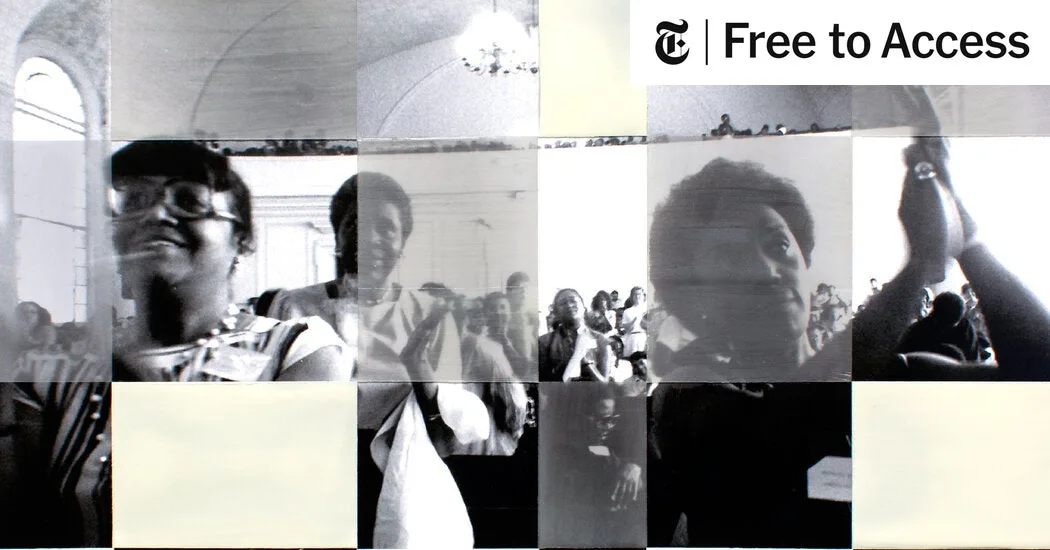
Four decades ago, 2,000 Black women converged on Spelman College for a conference on health.
Note: This newsletter was sent to readers in December 2023. Headway is publishing the newsletter as an article to bring it together with other newsletters on site. Read them all here.
Dear Headway reader,
Four decades ago, nearly 2,000 Black women converged on Atlanta for a conference on health at Spelman College. As Dara Mathis recently reported for Headway, this event was a milestone in a then-nascent movement.
After the story ran, we heard from several readers who’d attended the event, or knew someone who was there. I followed up with some of them to understand more fully what drew them there and the impact the conference had on them. A few things stood out from our conversations.
I was struck by how many aspects of their lives the attendees discussed openly for the first time. When she went to the conference, Brenda Smith had just graduated from Spelman and was studying at the Georgetown University Law Center. “I think that was probably one of the first places I heard about abortion,” Smith told me. “I think it was the first time that I heard open conversations about sexual violence, that people really talked about domestic violence. I think it was probably the first time that people acknowledged, or that I got the sense that people were open about, loving other women.”
Nancy Anderson was a young doctor working at a county hospital in Atlanta at the time. “I had read a book called ‘This Bridge Called My Back,’” Anderson said. “That was where I realized that, ‘Ooh, there are people who are describing, really, what it’s like to be a Black woman.’ They had all kinds of points of view. I realized that I could find other people like that in Atlanta.” Reading the book, a collection of writings by women of color, helped begin a process of exploration that brought her to the event at Spelman. Thousands of similar discrete catalysts led women all over the country to organize buses and car pools and make their way to Georgia.
Perhaps the most resonant and novel message from the conference was that women’s well-being was worth time, attention and care. Black women in particular faced ubiquitous messaging that they should endlessly sacrifice their own needs for others.

